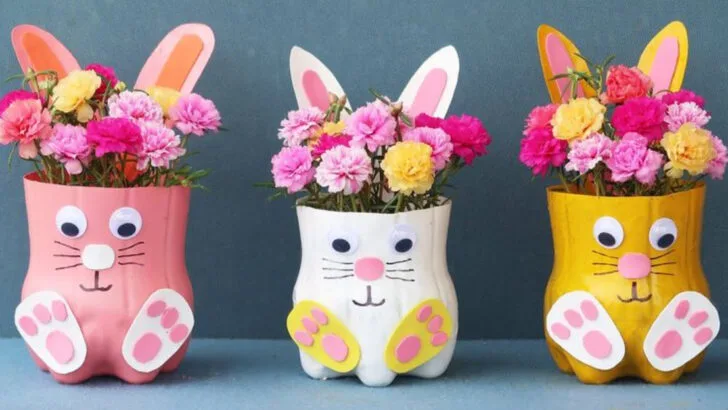Plastic pots may be everywhere—from nurseries to big-box garden centers—but that doesn’t mean they belong in your home jungle. At Plantisima, we know how important it is not only to grow healthy plants, but also to make choices that are better for your greenery, your space, and the planet. While plastic may seem like the convenient go-to, it’s often the quiet culprit behind root rot, stunted growth, and wasted water.
In this article, we’re breaking down 15 compelling reasons to stop using plastic pots—whether you’re a first-time plant parent or already knee-deep in your leafy collection. We’ll talk about how plastic affects soil health, airflow, and watering routines, and why it often leads to more plant drama than it’s worth. But we won’t leave you guessing—we’re also sharing better alternatives that look beautiful and support your plants in all the right ways.
To our Plantisima readers who care not just about plants, but about thoughtful, intentional living—this guide is your invitation to rethink the most overlooked part of plant care: the pot. Because when you switch from plastic to a more natural, breathable material, you’re not just helping your plants thrive—you’re helping your entire plant space evolve.
Environmental Impact
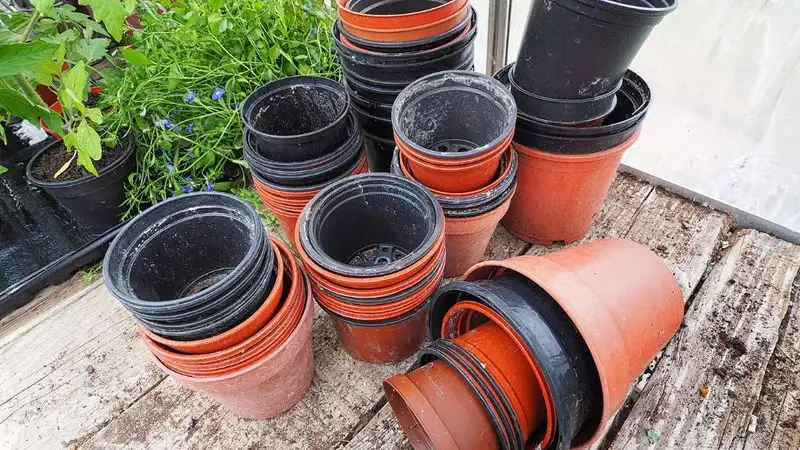
Plastic pots contribute significantly to environmental pollution. They are often single-use and end up in landfills or oceans, taking centuries to decompose. This not only harms wildlife but also disrupts natural ecosystems. Switching to biodegradable options, such as pots made from coir or peat, can reduce this impact substantially. These materials break down naturally, enriching the soil instead of polluting it. By choosing eco-friendly alternatives, gardeners can make a positive difference in preserving the planet for future generations. Embracing sustainable gardening practices is more than a trend; it’s a responsibility.
Soil Health
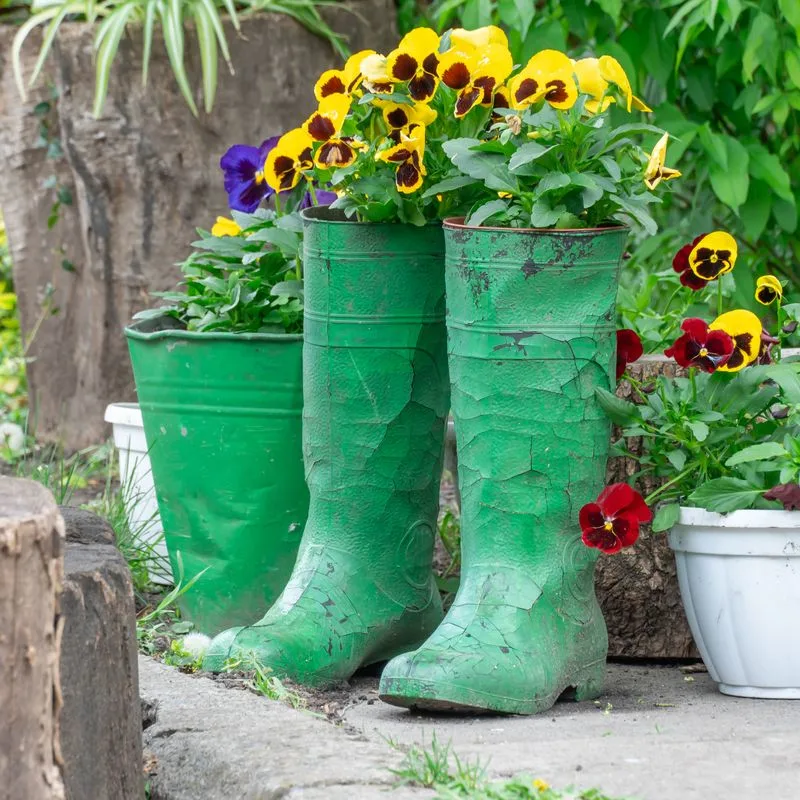
Plastic pots can affect soil health negatively by preventing proper aeration and drainage. This often leads to root rot and other plant diseases. Natural materials like clay or terracotta offer excellent breathability, allowing roots to thrive. These materials wick moisture away, reducing overwatering risks and promoting robust plant growth. Investing in pots that support soil health ensures your plants receive the best care possible. Healthy roots mean vibrant plants, and choosing the right pot plays a crucial role in achieving this. Prioritizing soil health leads to more successful gardening.
Aesthetic Appeal
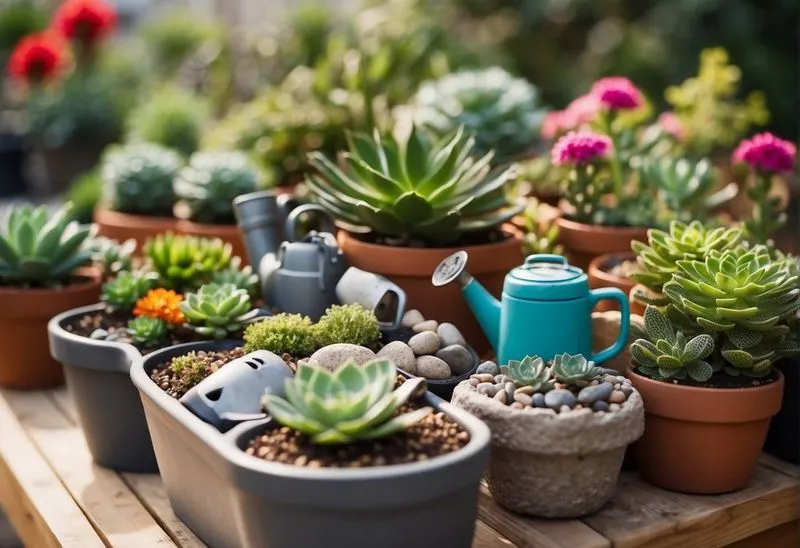
Plastic pots often lack the aesthetic charm that natural materials provide. They can look cheap and out of place in a carefully curated garden. Alternatives like ceramic, terracotta, or stone pots offer timeless elegance and variety. These materials blend seamlessly with the natural environment, enhancing the visual appeal of any garden space. Investing in aesthetically pleasing pots can elevate the overall look of your garden, creating a more harmonious and inviting outdoor space. Beauty and functionality go hand in hand when choosing the right pots.
Durability Concerns
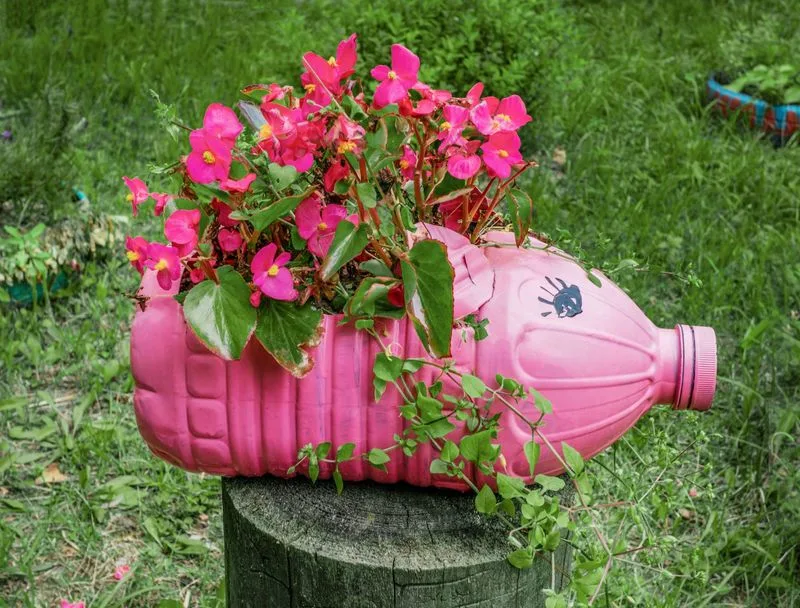
Plastic pots may be prone to cracking and fading due to weather exposure. In contrast, materials like stone or metal offer greater durability and longevity. These robust alternatives withstand environmental stressors, maintaining their integrity over time. By opting for durable pots, gardeners can avoid frequent replacements and reduce waste. The long-lasting nature of these materials not only provides practical benefits but also ensures your garden remains attractive and functional. Choosing durability over disposability supports a more sustainable approach to gardening.
Temperature Regulation
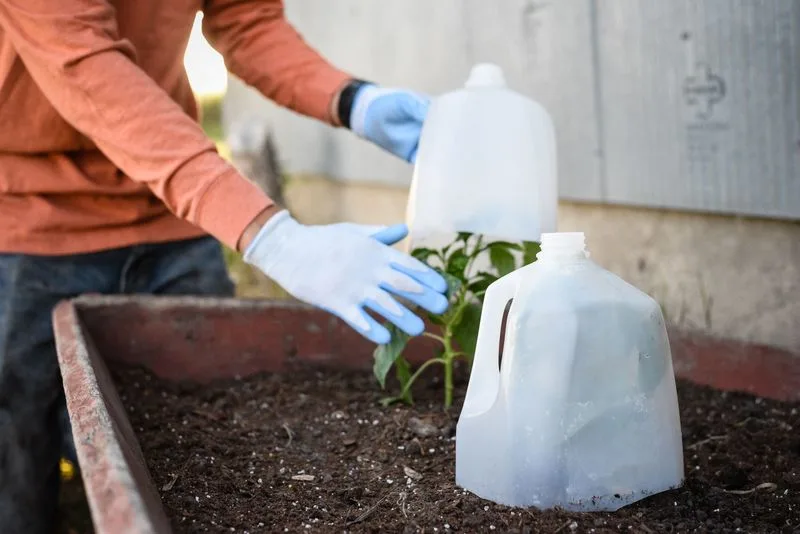
Plastic pots can lead to overheating, especially in direct sunlight, causing plant stress. Terracotta and other natural materials have superior temperature regulation, allowing heat to dissipate. This keeps plants cool and prevents temperature-related damage. By selecting pots that moderate temperature, gardeners provide a stable environment for plant growth. Plants thrive when their roots are kept at optimal temperatures, leading to increased vitality. The choice of pot material can make a significant difference in managing plant health and resilience.
Water Usage
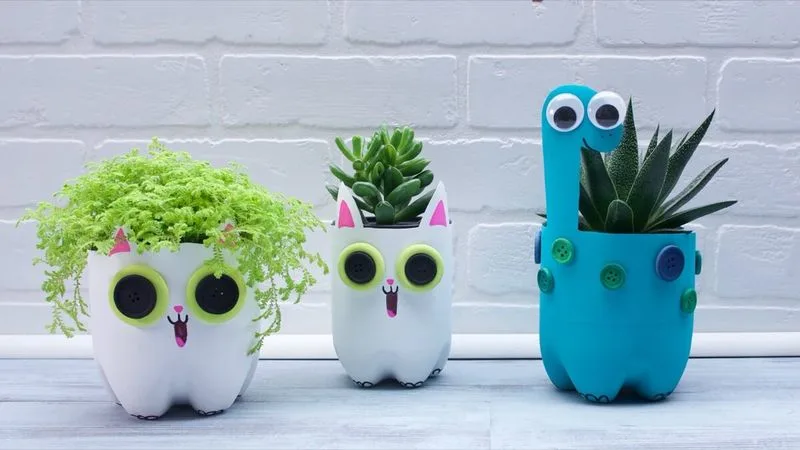
Plastic pots often cause water to pool, leading to overwatering and wasted resources. Materials like clay naturally balance moisture levels by absorbing and releasing water as needed. This efficient water management supports plant hydration while minimizing waste. Gardeners can conserve water by selecting pots that promote optimal moisture retention and usage. Responsible water use is crucial in maintaining healthy plants and a sustainable garden. The right pot choice can significantly impact water efficiency and overall garden success.
Chemical Leaching
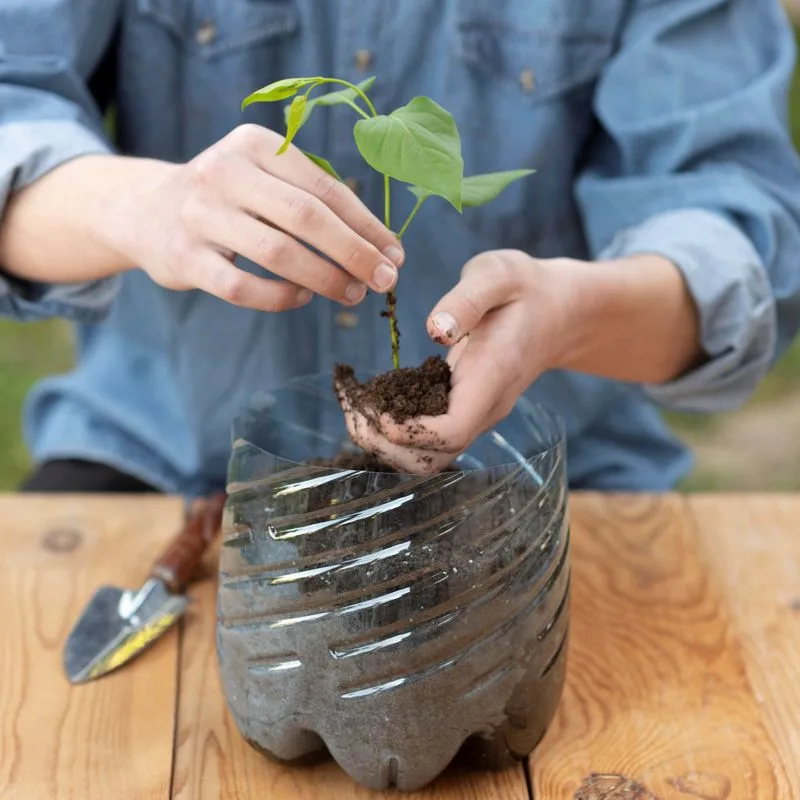
Over time, plastic pots can leach harmful chemicals into the soil, affecting plant health and potentially entering the food chain. Non-toxic materials like ceramic or concrete provide a safer alternative. These options ensure that plants grow in a clean environment, free from contaminants. Choosing pots that prevent chemical leaching safeguards both your plants and the ecosystem. Protecting plant health is a vital aspect of responsible gardening, and selecting the right materials is a step in the right direction.
Innovation and Creativity
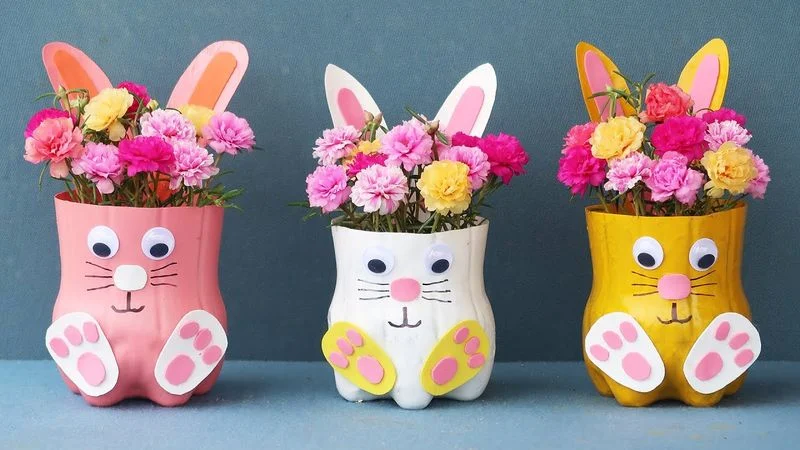
Using plastic pots can stifle creativity in gardening. In contrast, opting for unconventional materials can inspire innovation. Imagine turning an old boot or teapot into a plant holder, adding whimsy to your garden. These creative expressions not only make your space unique but also promote sustainability by repurposing items. Encouraging such creativity reflects a gardener’s personality and adds charm to any setting. Thinking outside the plastic pot leads to a more imaginative and environmentally-conscious garden.
Cultural Heritage
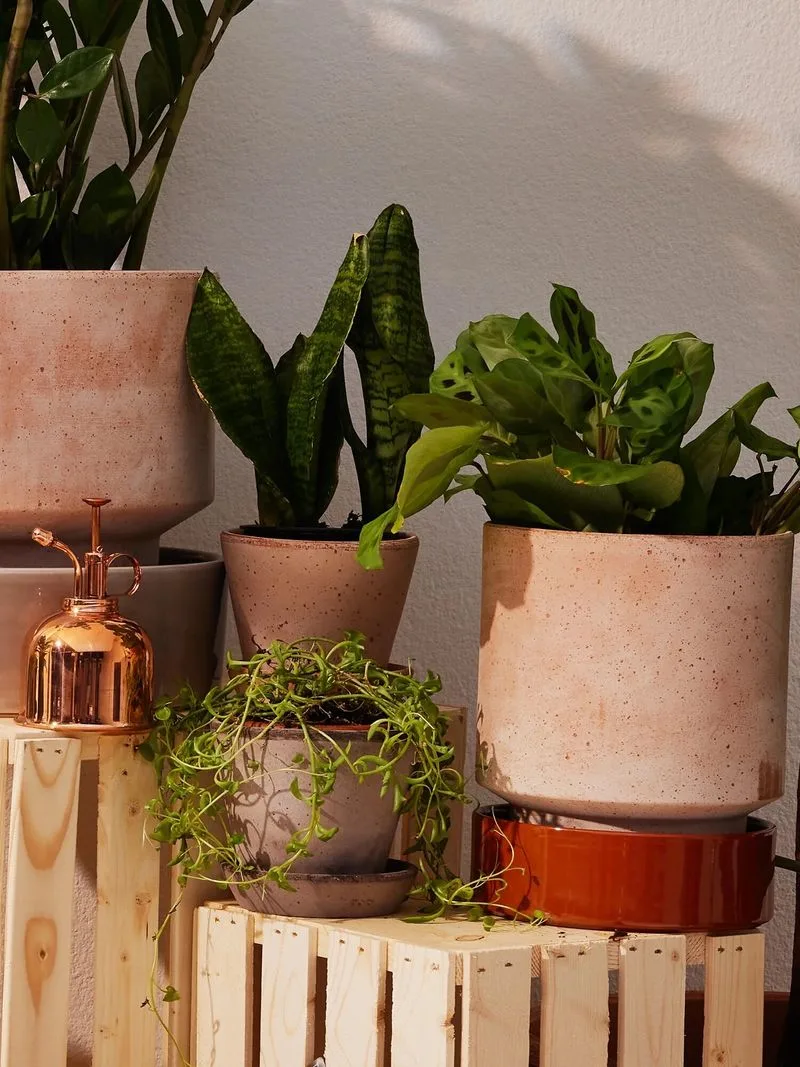
Plastic pots have no historical or cultural significance, unlike traditional materials. Pots made from terracotta or ceramics often carry rich cultural heritage, reflecting centuries-old crafting techniques. Using these pots connects gardeners to history and supports artisanal craftsmanship. Embracing cultural heritage in gardening enriches the experience, fostering appreciation for traditional arts. By choosing pots with cultural significance, gardeners contribute to preserving these timeless traditions, creating a garden that tells a story beyond mere aesthetics.
Biodegradability
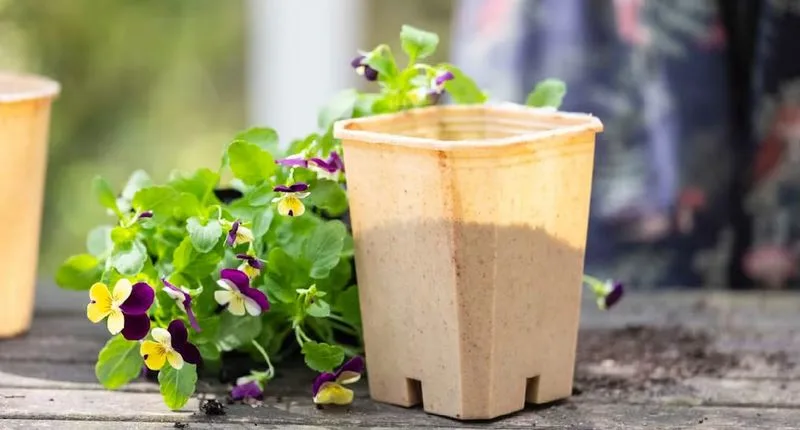
Plastic pots persist in the environment long after their usefulness. Biodegradable options, like those made from coir or peat, return to the earth, enriching the soil as they decompose. This cycle of renewal aligns with nature’s rhythms, reducing pollution and supporting sustainable gardening. Choosing biodegradable materials reflects a commitment to environmental stewardship, ensuring that gardening practices contribute positively to the planet’s health. Embracing materials that decompose naturally is a proactive step toward a greener future.
Support for Local Artisans
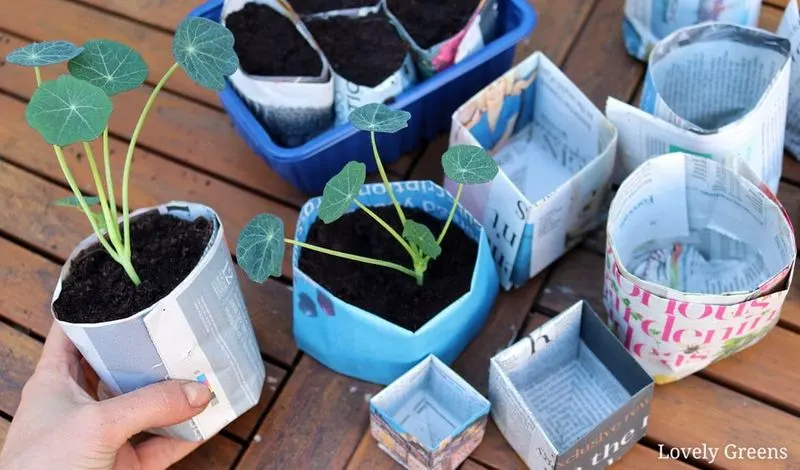
Opting for handmade pots supports local artisans and their communities, rather than mass-produced plastic. These unique pieces reflect craftsmanship and individuality, adding distinct charm to any garden. Investing in locally-made products fosters community development and encourages sustainable economic practices. Supporting artisans not only enhances your garden’s aesthetics but also contributes positively to local economies. This choice reflects conscientious consumerism, aligning gardening with broader social and economic values.
Educational Opportunities
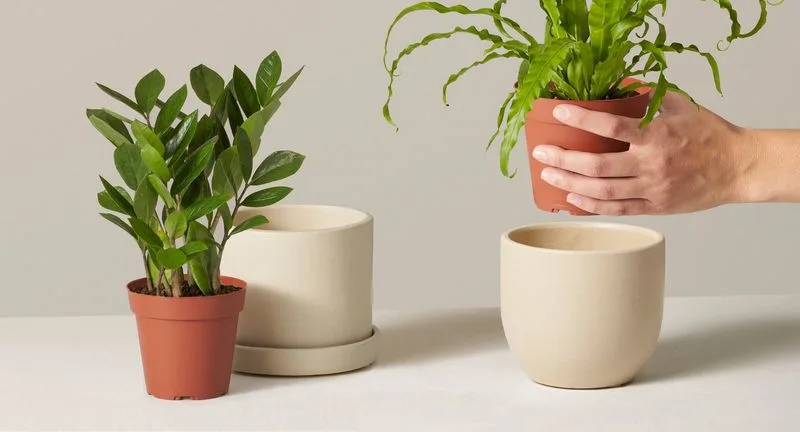
Plastic pots offer little opportunity for education about sustainability. Natural materials provide a platform to teach children and communities about eco-friendly practices. Engaging with sustainable gardening methods fosters awareness and responsibility towards the environment. This educational aspect helps cultivate a generation that values and practices sustainability. By using alternatives to plastic, gardeners can share knowledge about environmental stewardship, inspiring others to adopt greener practices. Education through gardening is a powerful tool for positive change.
Healthier Plant Growth
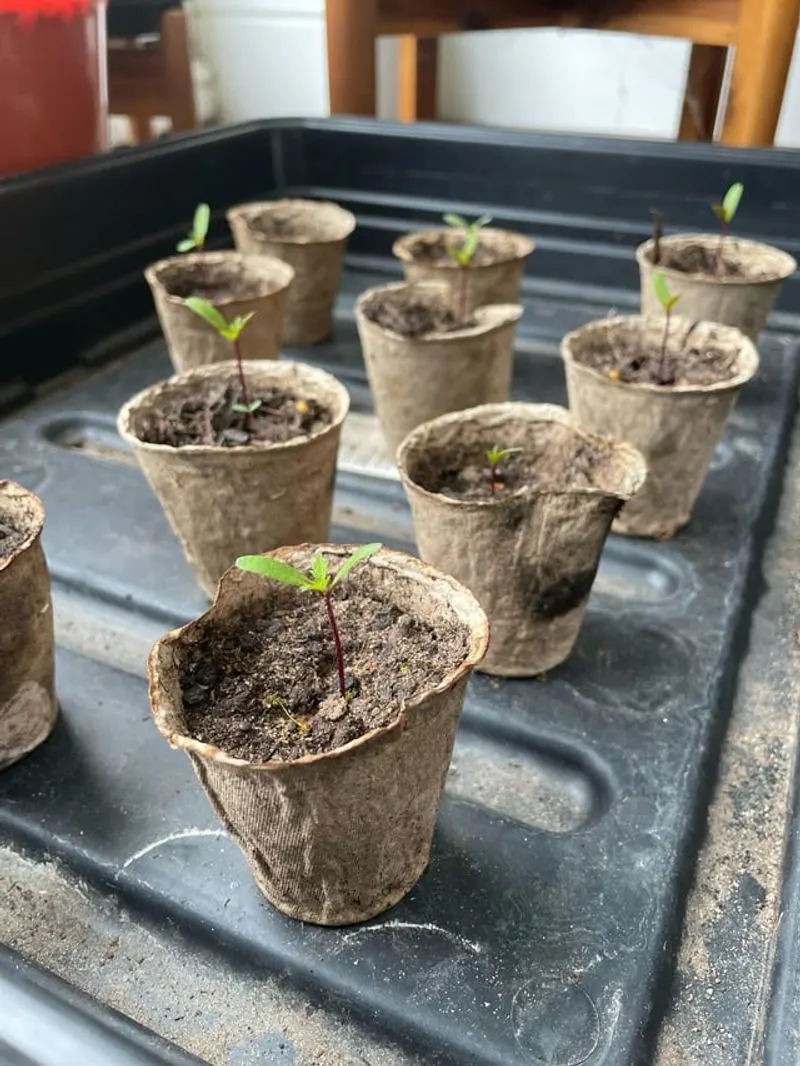
Plants in plastic pots may suffer from restricted growth due to poor aeration and drainage. Natural materials like clay or terracotta support healthier root systems, leading to more vigorous plant growth. These materials provide the necessary environment for roots to breathe and expand, resulting in robust and thriving plants. Choosing the right pot can significantly influence plant health and vitality, highlighting the importance of material selection in gardening. Emphasizing plant well-being leads to more rewarding gardening experiences.

